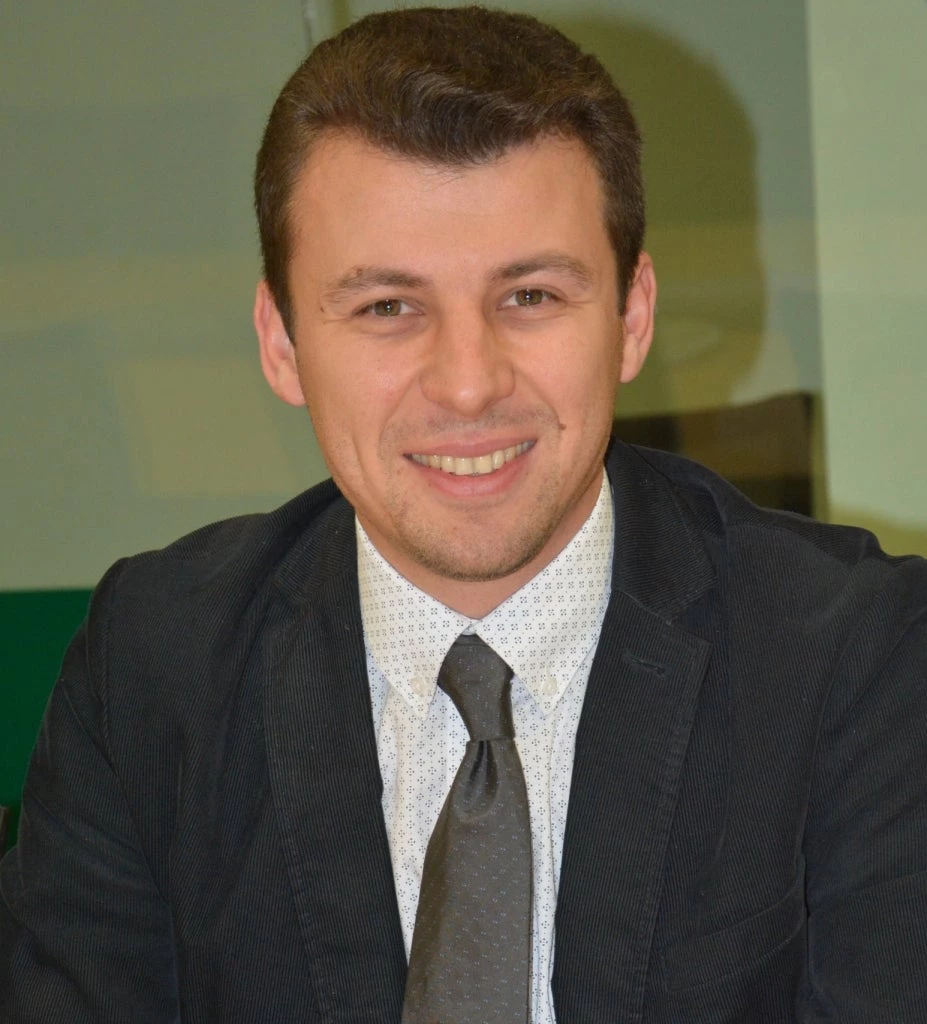Nearly three years ago, a large delegation was pulling in front of a newly-renovated kindergarten building in the village of Cucuruzeni, Moldova to unveil a long-awaited addition for its 2,000 inhabitants. Newly planted flowers and the fresh smell of paint constantly reminded me that this was more than just a World Bank-financed project -- it marked the beginning of better education for children of the community.
Two weeks ago, as I was driving north of Moldova’s capital Chisinau, our driver veered off on an unpaved eight kilometer stretch of road. The dusty, bumpy ride would take me back to Cucuruzeni, after three years.
My anticipation did not go unrewarded. The building was spotless. I stopped in front of a dozen smiling, and curious three- and four-year-olds, excited to see visitors. Three years ago, this would have been out of the ordinary for me. Now, as the father of a 2.5-year-old son, I am in a kindergarten five times a week. This visit, however, was special.
We walked through the same corridors, and saw neatly-dressed kids eating their breakfast. It felt immensely rewarding to know that their future would be brighter, just by getting access to early childhood education, plenty of time to play and read in a nurturing environment. Hundreds of thousands of Moldovans work abroad to send money back home. For five of the 65 kids in Cucuruzeni, this kindergarten is trying to make up, at least partly, for the absence of one or two parents who are forced to work abroad, away from their children, due to economic hardships.
In Cucuruzeni, the crowd of three-year-olds around us was too young to attend a pre-school institution back in 2010, but today, having one in their own village is a fait accompli. Looking at them, I thought of my son and was filled with optimism for Moldova.
Another 80 km (about 50 miles) of unpaved roads later, we were in Todiresti. Our photographer, who was there a month ago, showed us a photo of a young boy holding bread and salt as a sign of traditional local hospitality during the kindergarten’s inauguration a mere six weeks ago. In Todiresti, it was the smile of this child’s mother and her emotional tribute to the value of pre-school education that made me realize what this institution means to the locals.
[[avp asset="/content/dam/videos/backup/2018/jun-41/interview_with_alejandro_cedeno,_moldova_basic_-_small.flv"]]/content/dam/videos/backup/2018/jun-41/interview_with_alejandro_cedeno,_moldova_basic_-_small.flv[[/avp]]
In Moldova, 65 such institutions have been renovated and endowed through two previous rounds of Education for All - Fast Track Initiative (EFA-FTI) financing, which have also supported teacher training, provided books and a move to child-centered education. The successor of EFA-FTI, the Global Partnership for Education (GPE) is currently financing the renovation of an additional 21 kindergartens, which will help 1,000 kids. Over 9,000 children now have access to early childhood education in their communities and over 500 pre-school institutions benefit from educational and training materials to improve the quality of early childhood education. Moldova is also doing innovative things like kindergarten-based teacher training programs - a pilot for school readiness assessment.
Watch an interview about early education measures in Moldova.



Join the Conversation